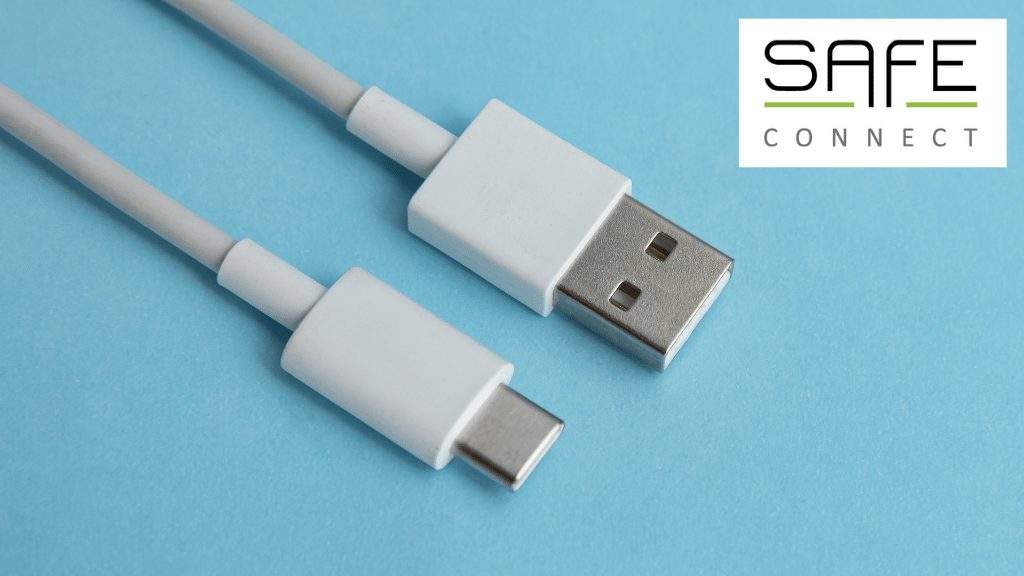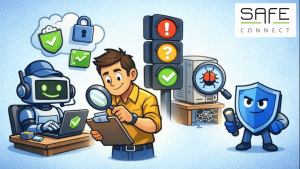Home » Innovation » European consumers adopt a standard charging...

European consumers adopt a standard charging protocol: USB C
Home » Innovation » European consumers adopt a standard charging protocol: USB C
Say goodbye to a plethora of cables
USB C will become the standard charging protocol for small- to medium-sized electronic devices starting in the fall of 2024. Convenient, because you only need 1 type of cable for all your devices. It’s a decision that took years, but is the decision finally in the bag? The legislation still has to be approved by the Parliament and the Council of the EU later this year, but this seems to be a mere formality considering that a deadline has already been set.
Finally. Especially consumers are happy about this. This way they no longer have to arm themselves with an arsenal of different cables to charge all their devices. Laptops will have time until 2026 to change. That’s because USB C 2.1 has only just made it possible to carry 240 watts.
A restraint on innovation?
Apple wasn’t too happy about the news regarding the new standardization. The tech giant has been using the so-called “Lightning protocol” for years. This connector is used for their iPhones. Within 2 years they will also make way for the new USB C.
The decision is being viewed critically. The EU is opting for a clear statement: “We work for the consumers, not for the companies, and we should give these companies rules; rules that are clear to be able to enter the internal market” says Thierry Breton, EU internal market commissioner.
In addition, we should not be afraid of a slowdown in innovation. A team will be wary of all new innovations. If better protocols are available on the market, the current standard will be modified. One such example is wireless charging. A promising technology that has been on the horizon for several years.
The benefits of a charging standard
Besides the ease of use for consumers, there are other benefits. Think, for example, of unnecessary purchases of chargers. These will be eliminated, resulting in savings of approximately 250 million euros. This is not only beneficial for your wallet, but also for the environment. The standardization would result in a reduction of 11 000 tons of e-waste per year.
Working as an Azure Support Engineer at Cats&Dogs
Home » Innovation » European consumers adopt a standard charging...
Less is more, also in cybersecurity
Home » Innovation » European consumers adopt a standard charging...



